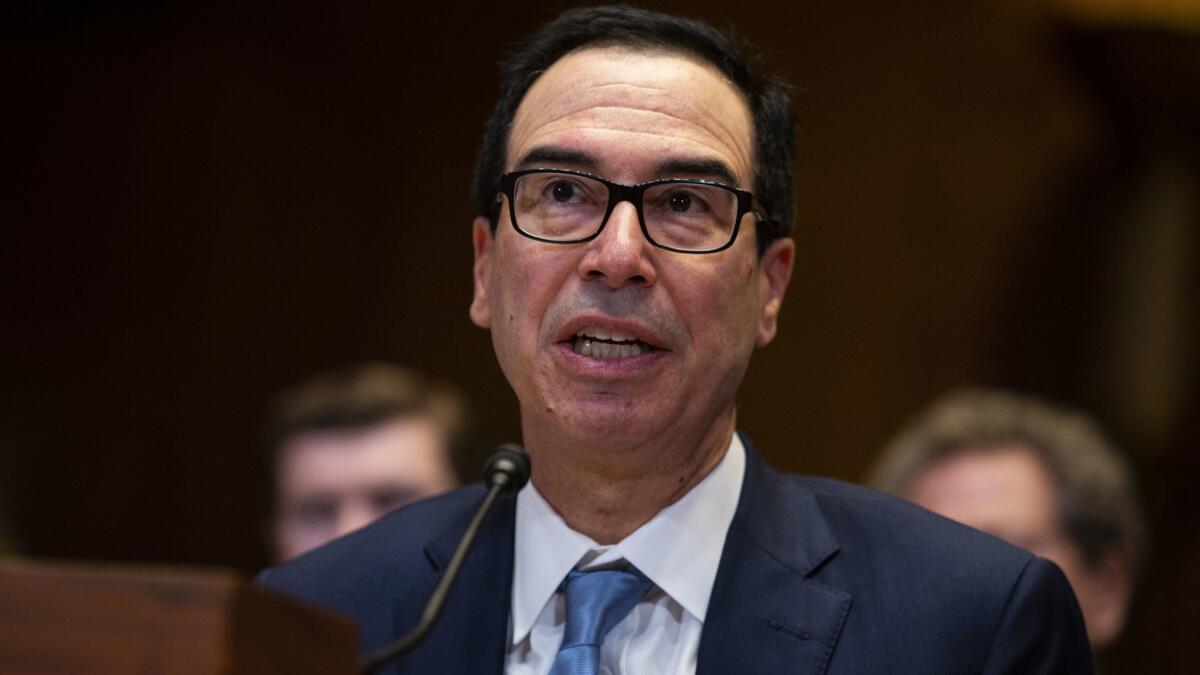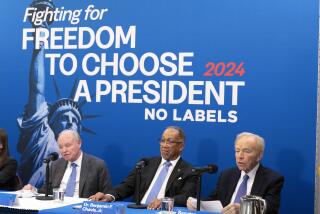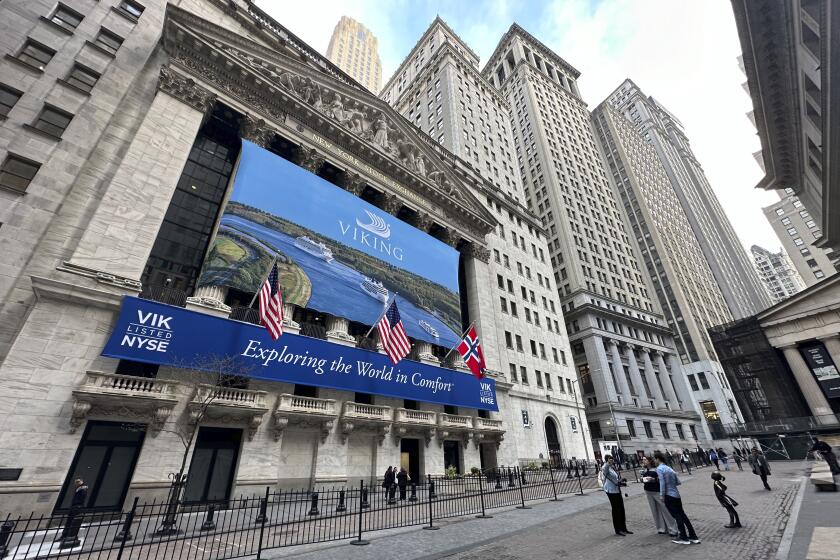Judge overturns IRS rule that shielded political donors’ identities

A federal judge in Montana overturned an Internal Revenue Service rule that allowed many political nonprofit groups to keep their donor lists private.
The ruling upends a change the IRS made last year that permitted so-called Section 501(c)4 groups, known as “social welfare” organizations, to keep their donor lists private. A federal judge said the IRS didn’t follow proper procedure in writing the rule and needs to let the public weigh in on the change before altering the tax code.
“Then, and only then, may the IRS act on a fully informed basis when making potentially significant changes to federal tax law,” U.S. District Judge Brian Morris said in the opinion Tuesday evening.
Montana Gov. Steve Bullock, who is also a Democratic presidential candidate, sued the IRS, saying the change to what groups must report to the IRS limited information states received about political donors. The IRS rule required the groups to disclose their donors only if an auditor requested to see it.
New Jersey was also a plaintiff with Montana and has filed a separate suit in New York. The state’s attorney general, Gurbir Grewal, called the decision a “big win for democracy.”
“Not only did the IRS try to make it easier for dark money groups to hide their funding sources, it did so behind closed doors,” Grewal said in a statement.
The ruling is a blow to Treasury Secretary Steven T. Mnuchin, who said the rule protected donor privacy because the IRS could enforce tax laws without that information. Democrats had criticized the agency’s move, saying it opened up the possibility for foreign interests to influence elections.
Among the organizations with 501(c)4 status are the National Rifle Assn., the Democratic Socialists of America, the AARP and Americans for Prosperity, the conservative group backed by the billionaire brothers Charles and David Koch.
The groups can be engaged in politics so long as they don’t spend more than half of their money on campaign advertisements or activities to sway an election. Donors do not have to be disclosed to the public.






